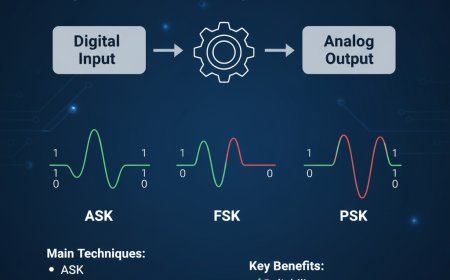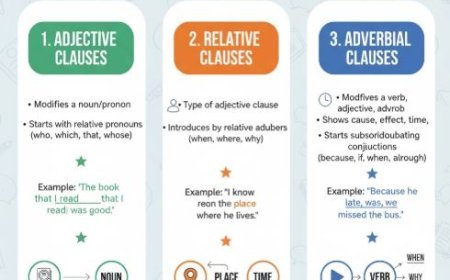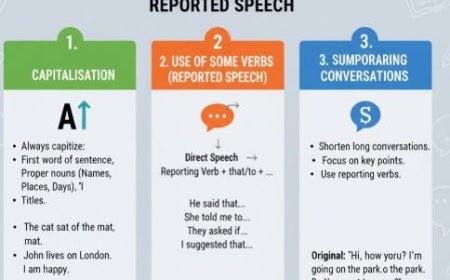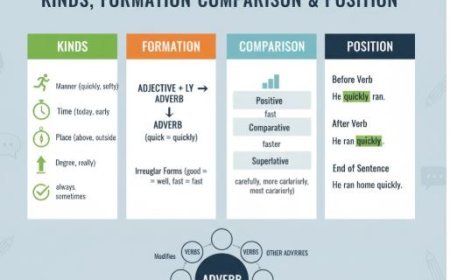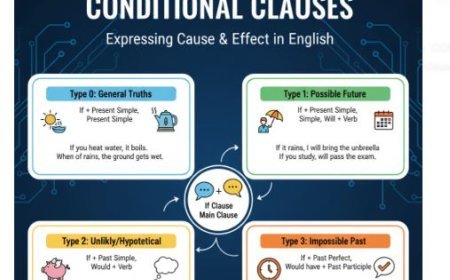IRREGULAR VERBS
Irregular verbs are rebels in the verb world, refusing to follow the usual rules for past and past participle forms (think "sing-sang-sung" instead of "sing-singed-singed").
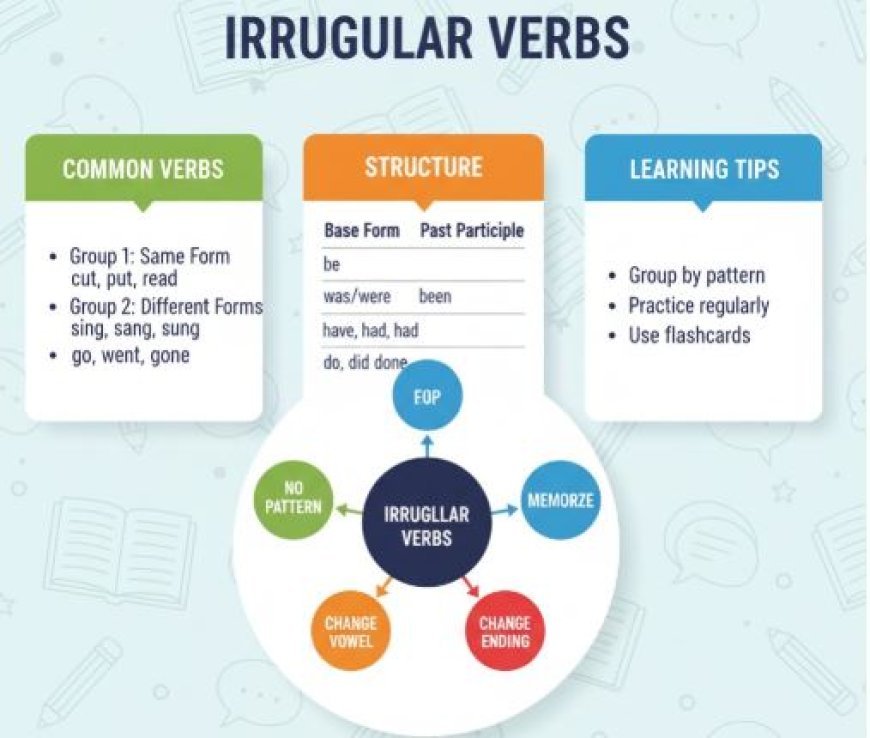
IRREGULAR VERBS
Irregular verbs are verbs that do not follow the usual rules for verb conjugation in English. Unlike regular verbs, which typically end in -ed in the past tense, irregular verbs have unique and unpredictable changes in their spelling and pronunciation. This can make them challenging to learn and remember for non-native English speakers.
Examples of Irregular Verbs
1. Go – went - gone
2. Eat- ate – eaten
3. Come – came – come
4. Drive – drove – driven
5. Sing – sang – sung
As you can see from the examples above, the past tense and past participle forms of irregular verbs do not follow a consistent pattern. For instance, while the regular verb “play” becomes “played” in the past tense, the irregular verb “eat” becomes “ate” in the same form.
Why do irregular verbs exist?
One of the main reasons why irregular verbs exist is because of their historical origins. Many of these verbs were inherited from Old English, and over time, their spelling and pronunciation have changed. These changes have resulted in the irregularity we see in verbs today.
How to use irregular verbs in a sentence?
To use irregular verbs correctly in a sentence, it is crucial to understand their basic forms, namely the base form, the past tense, and the past participle. In the present tense, the base form of verbs is used, while in the past tense and past participle, the verbs may undergo changes depending on their irregularity.
For example:
Base form: I eat chocolate every day.
Past tense: Yesterday, I ate a whole bar of chocolate.
Past participle: I have eaten way too much chocolate this week.
What's Your Reaction?












